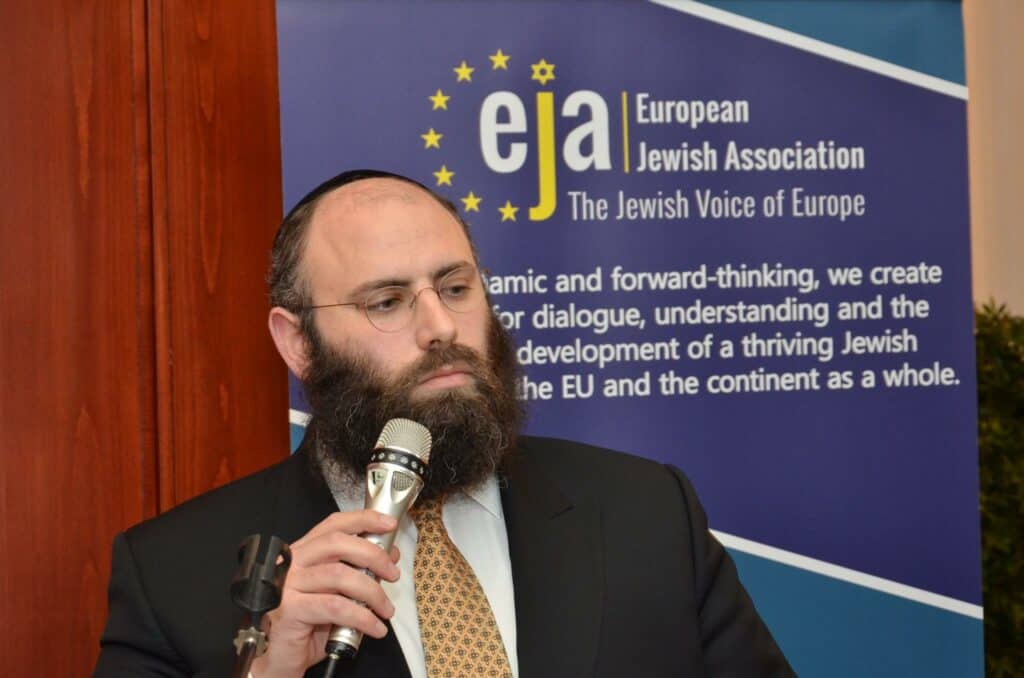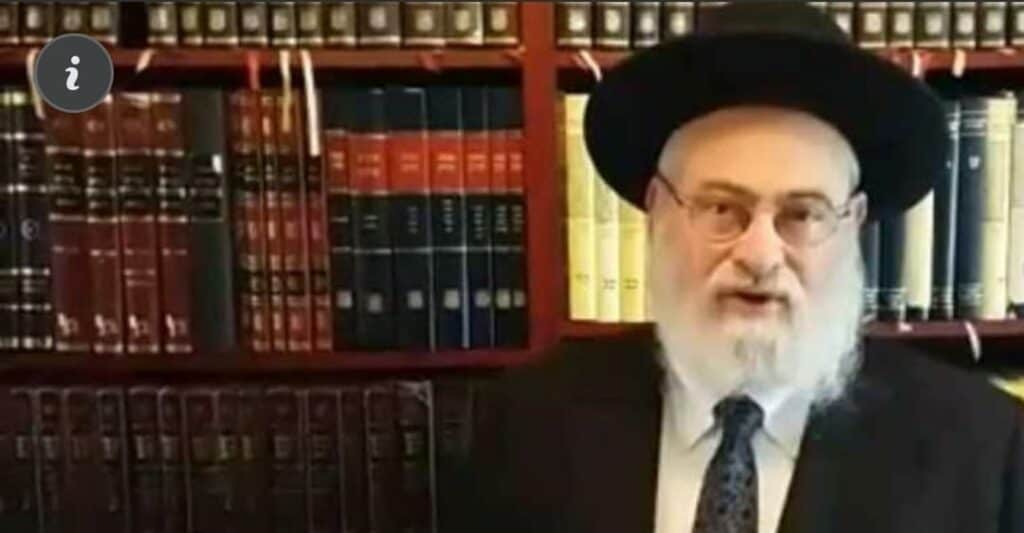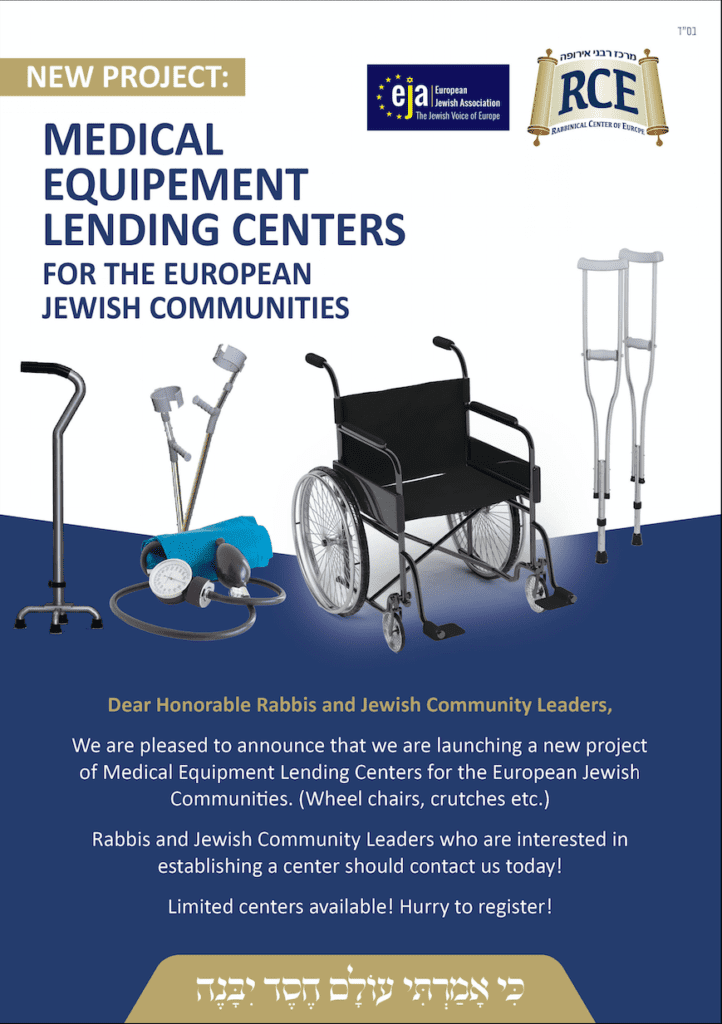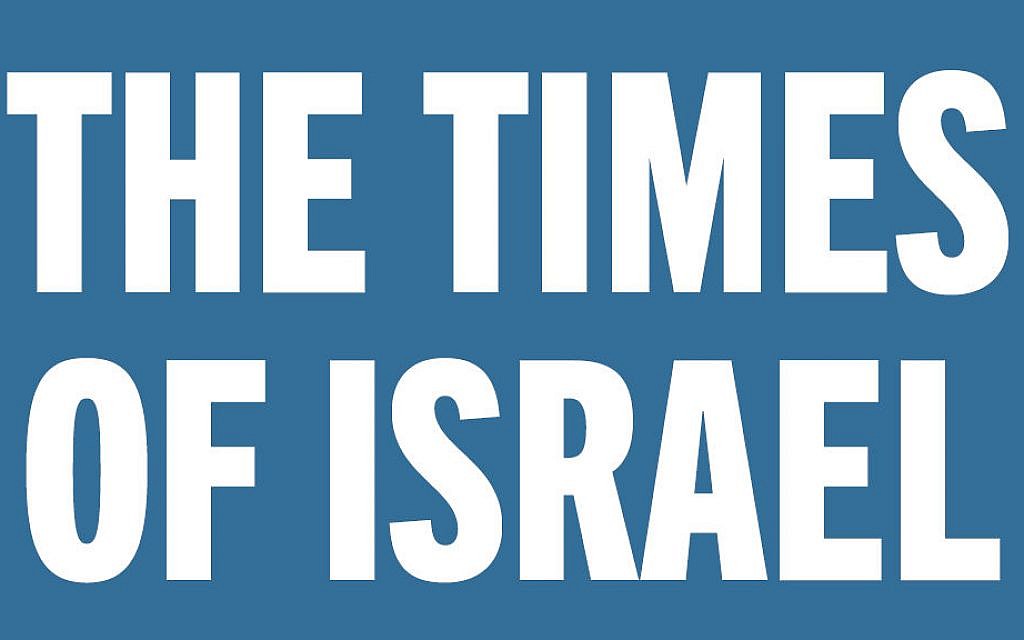The European Parliament is set to discuss Tuesday in Strasbourg US President Donald Trump’s decision to recognize Jerusalem as Israel’s capital. The debate in the plenary session of the parliament will focus on the status granted to the city by Presdient Trump who set out last Wednesday his intention to move the US Embassy from Tel Aviv to Jerusalem, a move that was subsequently backed up by two EU member states, the Czech Republic and Hungary.
STRASBOURG —The European Parliament is set to discuss Tuesday in Strasbourg US President Donald Trump’s decision to recognize Jerusalem as Israel’s capital.
The debate in the plenary session of the parliament will focus on the status granted to the city by Presdient Trump who set out last Wednesday his intention to move the US Embassy from Tel Aviv to Jerusalem, a move that was subsequently backed up by two EU member states, the Czech Republic and Hungary.
The decision has prompted a backlash and led to violence on the Palestinian side.
Some officials in Europe have asserted that the American decision will ignite tensions in the region.
Ahead of the Strasbourg debate, Rabbi Menachem Margolin, the founder and Director of the Brussels based European Jewish Association which represents Jews across the continent, wrote a letter to the European Parliament President, Vice-Presidents and heads of political groups asking them to act as “voices of Reason” during the debate.
In his letter Rabbi Margolin said, ‘Some have asserted that this decision will ignite tensions in the region. It should be noted that some Member States unilaterally recognised the State of Palestine even before the respective parties reached understandings.’’
He continued, ‘The European Parliament has a delegation for relations with Palestine which was put in place before official state recognition and before the parties again reached understandings. There are Palestinian embassies all over the world, before the parties reached understandings.‘President Trump did not say that united Jerusalem is the capital of Israel. He said the borders will be discussed during the negotiations between the sides.’
For Rabbi Margolin, the furore over the US move is ‘’unwarranted, unjustified and is one-sided to say the least.’’
‘’Furthermore such voices reward the incitement to violence and violence that is being perpetuated on the Palestinian side. Such a reward would be incompatible and would not be expected from the House that you represent,’’ reads the letter to the MEPs.
“I earnestly hope that voices of reason will prevail during the debate, and you will use the opportunity to remind the house of the facts outlined in my letter,” Rabbi Margolin concluded.















